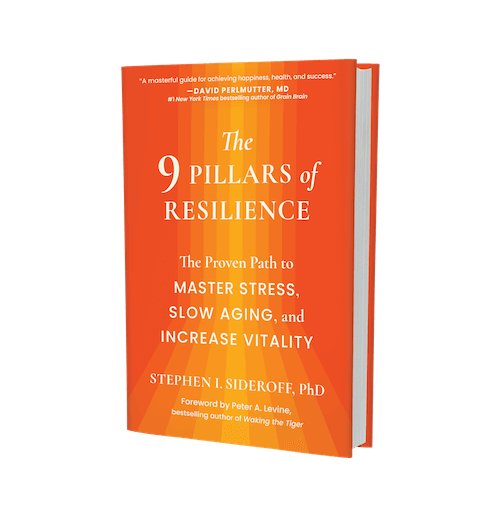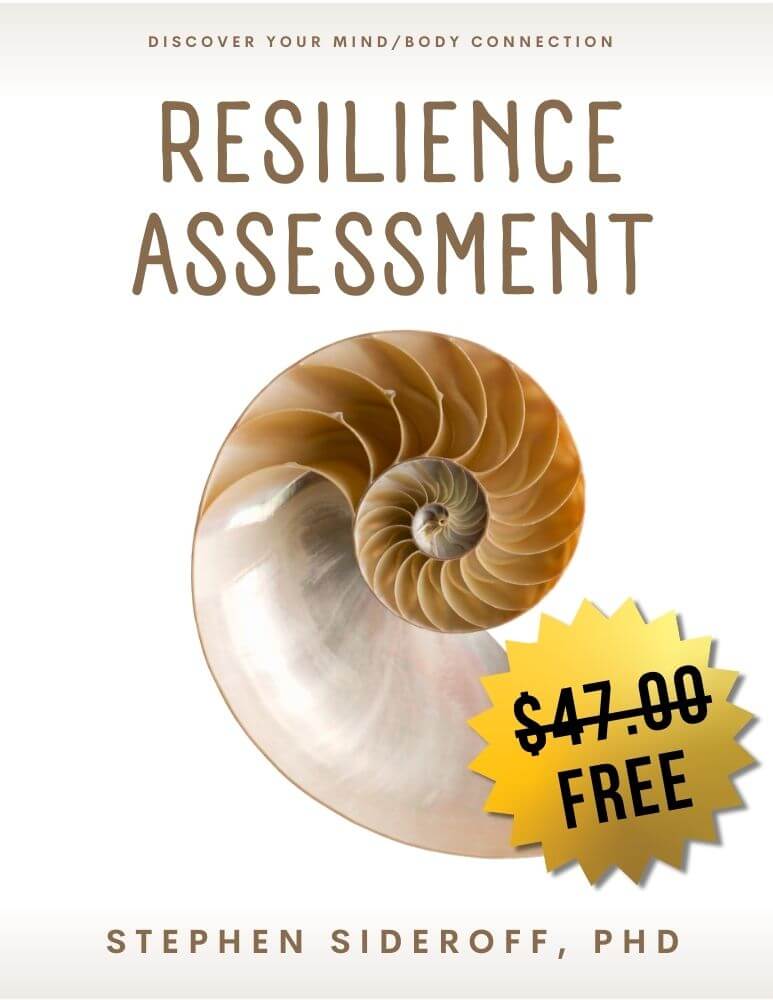
Stress is all in the eye of the beholder. Anything that creates a sense of danger or even uncertainty will trigger your stress response and the mobilization of your body’s resources and defenses. For this reason, your stress response is open to your particular interpretation of what’s dangerous. In other words, stress is subjective; that means that what is stressful to you may not be stressful to another person. It is subject to the interpretation of danger by the person experiencing the event. Thus, if you believe you are in danger, even if the threat is not real, you will trigger your stress response.
This means that your stress response is subject to your par¬ticular and individual history. If you learned through your child¬hood environment that the world is unsafe, you carry this belief, perhaps unconsciously, into your adult life. In new situations your first intuition will be of danger. Before you know it, what your brain and body consider danger signals will trigger a stress response, and the expectation that something bad will happen. You will thus be triggering your stress response on a frequent basis. One former client, let’s call him Bob, grew up with a parent who could be nice one minute and abusive the next. He lived his life on edge, waiting to see the expression on his parent’s face. The first moment was always scary.
The basic message that Bob learned in childhood was that the world and people could be dangerous, and that you never know what to expect. Thus he was always on guard, always cautious, and very sensitive to the facial expressions of others. His stress response was easily triggered because for him, the world was a dangerous place. What’s interesting is that more recent events and experience, although much more positive and benign, did not change his perspective or expectation. This is because our early childhood experiences have the greatest impact on the developing brain. The basic message is that our wonderful and necessary ability to adapt gets short-circuited during our childhood “survival learning.”
Dr. Stephen Sideroff is an internationally recognized expert in resilience, optimal performance, addiction, neurofeedback and alternative approaches to stress and mental health. He is Assistant Professor in the Department of Psychiatry & Biobehavioral Sciences at UCLA’s School of Medicine, as well as the Director of the Raoul Wallenberg Institute of Ethics. www.drstephensideroff.com

